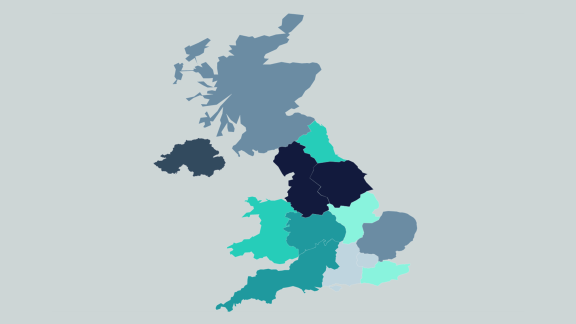Your future nurses

Until recently, the routes into nursing were limited and university degree education was seen as the primary way to train a registered nurse. However, the introduction of the nurse degree apprenticeship, the development of the nursing associate role and other initiatives are providing employers with alternative opportunities.
The range of options available to recruit a registered nurse can create a confusing picture for employers so we have developed an infographic to help you make sense of the new and existing routes.
You can also download this infographic as a PDF.
Since January 2021, a blended nursing degree combining digital and traditional elements of learning has offered those who may have previously encountered barriers to entering a nursing career an alternative pathway.
For more information about different routes available see below.
Kent Community Health NHS Trust developed a nursing careers pathway tool featuring a variety of roles available in nursing, as well as opportunities to develop your nursing workforce.



